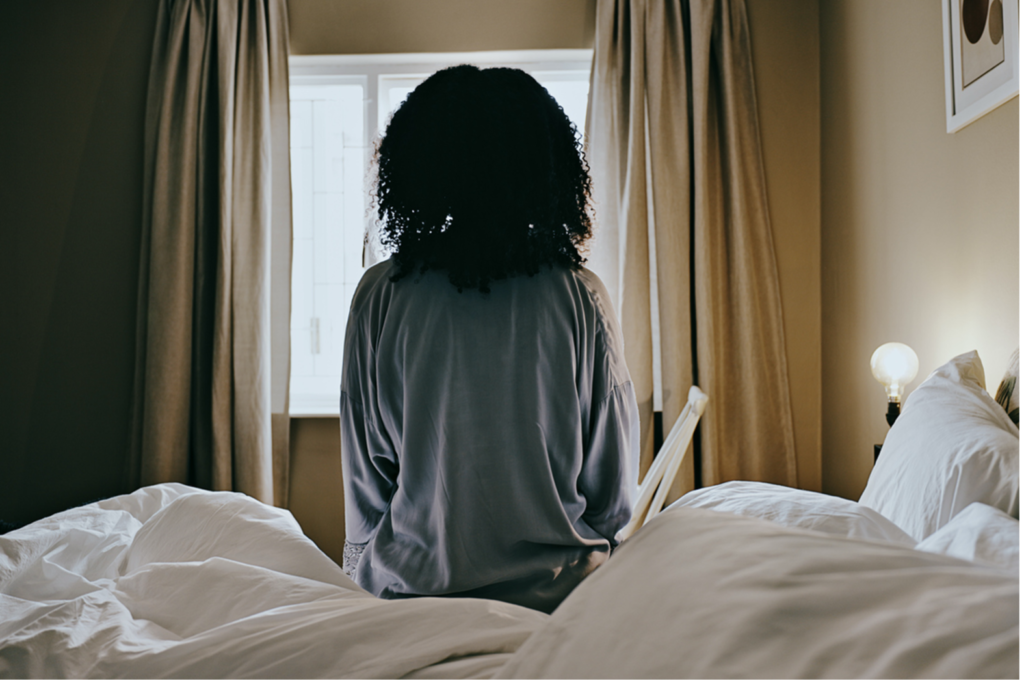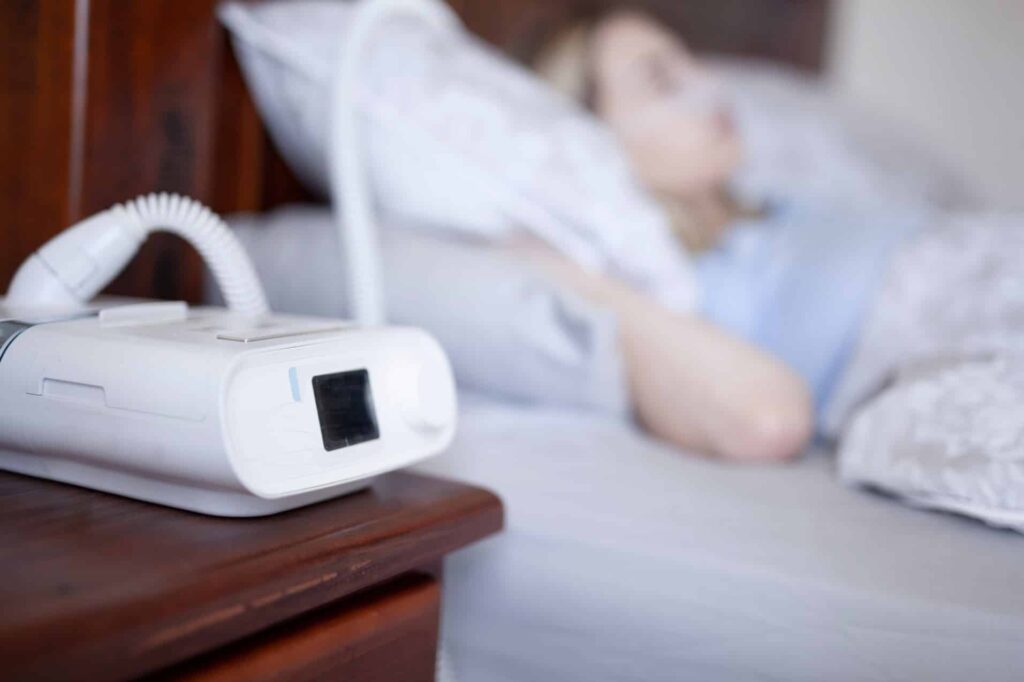In the bustling suburb of O’Connor, residents are increasingly recognising the importance of quality sleep for overall health and well-being. Sleep disorders can significantly impact daily life, leading to fatigue, mood swings, and a host of other health issues. Fortunately, O’Connor offers a variety of sleep testing services designed to diagnose and manage these conditions effectively. This article explores the types of sleep testing available, the process involved, and the benefits of seeking professional help.
Understanding Sleep Disorders
Sleep disorders encompass a range of conditions that disrupt normal sleep patterns. Common disorders include insomnia, sleep apnoea, restless legs syndrome, and narcolepsy. Each of these conditions can lead to serious health complications if left untreated.
Sleep testing O’Connor play a vital role in addressing sleep disorders that affect many individuals. With a variety of testing options available, residents can seek the support they need to improve their sleep quality and overall health.
Insomnia, characterised by difficulty falling or staying asleep, can stem from stress, anxiety, or medical conditions. Sleep apnoea, on the other hand, involves interrupted breathing during sleep, often leading to excessive daytime sleepiness and increased risk of cardiovascular issues.

Common Symptoms
Identifying the symptoms of sleep disorders is crucial for timely intervention. Common indicators include persistent fatigue, difficulty concentrating, irritability, and loud snoring. Individuals experiencing these symptoms should consider seeking professional evaluation. Additionally, some may experience unusual behaviours during sleep, such as sleepwalking or night terrors, which can further complicate their overall sleep quality and wellbeing. Recognising these signs early can be pivotal in preventing the escalation of these disorders into more severe health problems.
The Importance of Diagnosis
Accurate diagnosis is essential for effective treatment. Many individuals may overlook their symptoms, attributing them to lifestyle factors or stress. However, a proper assessment can reveal underlying issues that require attention. Sleep testing services in O’Connor provide a pathway to understanding these conditions better. These tests often involve monitoring sleep patterns and physiological responses during the night, allowing healthcare professionals to gain insights into the specific nature of a patient’s sleep disturbances. Furthermore, the results can guide tailored treatment plans, which may include lifestyle modifications, cognitive behavioural therapy, or the use of medical devices for conditions like sleep apnoea.
Moreover, understanding the broader implications of sleep disorders is vital. Chronic sleep deprivation can affect not only physical health but also mental health, leading to conditions such as depression and anxiety. The interplay between sleep and overall health highlights the necessity of addressing sleep issues promptly. In recent years, there has been a growing awareness of the importance of sleep hygiene, which encompasses practices that promote restful sleep, such as maintaining a consistent sleep schedule, creating a comfortable sleep environment, and limiting exposure to screens before bedtime. By adopting these practices alongside seeking professional help, individuals can significantly improve their sleep quality and overall health. Learn more about exposure on https://www.ncbi.nlm.nih.gov/books/NBK126191/
Types of Sleep Testing Services
O’Connor offers a variety of sleep testing services tailored to meet the needs of individuals experiencing sleep disturbances. These services can be broadly categorised into in-lab sleep studies and home sleep tests.
In-Lab Sleep Studies
In-lab sleep studies, also known as polysomnography, are comprehensive tests conducted in a controlled environment. During this study, patients are monitored overnight while they sleep. Various parameters, such as brain waves, oxygen levels, heart rate, and breathing patterns, are recorded.
These tests provide valuable insights into the patient’s sleep architecture and can help diagnose conditions like sleep apnoea and narcolepsy. The results are analysed by sleep specialists who can recommend appropriate treatment options based on the findings.

Home Sleep Tests
For those who prefer a more comfortable setting, home sleep tests are a viable alternative. These tests are designed for individuals suspected of having sleep apnoea. Patients are provided with portable monitoring devices that they can use in the comfort of their own homes.
Home sleep tests typically measure airflow, oxygen saturation, and respiratory effort. While they may not be as comprehensive as in-lab studies, they offer a convenient option for many individuals. The results can often be interpreted by a healthcare professional to determine the need for further evaluation or treatment.
The Process of Sleep Testing
Understanding the process of sleep testing can alleviate any concerns individuals may have about undergoing these assessments. The journey typically begins with a consultation with a healthcare provider who will evaluate symptoms and medical history.
Initial Consultation
During the initial consultation, the healthcare provider will discuss the patient’s sleep patterns, lifestyle habits, and any relevant medical history. This information is crucial for determining the most appropriate type of sleep test.
In some cases, the provider may recommend a sleep diary, where the patient records their sleep habits over a period of time. This can provide additional insights into the nature of the sleep disorder.
Preparing for the Test
Once a sleep test is scheduled, patients may receive specific instructions on how to prepare. For in-lab studies, this may involve avoiding caffeine or alcohol prior to the test. For home sleep tests, patients will be guided on how to set up and use the monitoring equipment. To find more about caffeine click here.
It is essential for patients to follow these guidelines to ensure accurate results. Being well-rested before the test can also contribute to more reliable data.
Benefits of Sleep Testing Services
Utilising sleep testing services in O’Connor offers numerous advantages for individuals struggling with sleep disorders. Early diagnosis and effective treatment can lead to significant improvements in quality of life.
Improved Sleep Quality
One of the primary benefits of sleep testing is the potential for improved sleep quality. By identifying the root cause of sleep disturbances, healthcare providers can recommend targeted treatments, whether that be lifestyle changes, therapy, or medical interventions.
Individuals often report feeling more rested and alert after receiving appropriate treatment, which can positively affect their overall health and productivity.
Enhanced Overall Health
Sleep is intricately linked to various aspects of health. Chronic sleep deprivation can contribute to conditions such as obesity, diabetes, and cardiovascular disease. By addressing sleep disorders through testing and treatment, individuals can enhance their overall health and reduce the risk of these associated conditions.
Furthermore, improved sleep can lead to better mental health outcomes, reducing anxiety and depression symptoms that often accompany sleep issues.
Accessing Sleep Testing Services in O’Connor
Residents of O’Connor have access to a range of sleep testing services through local healthcare providers and specialised sleep clinics. Finding the right service involves considering factors such as the type of testing required, insurance coverage, and the qualifications of the healthcare professionals involved.
Choosing the Right Provider
When selecting a sleep testing provider, it is essential to research their credentials and experience. Look for clinics that are accredited and staffed by certified sleep specialists. Patient reviews and testimonials can also provide insights into the quality of care offered.
Additionally, individuals should ensure that the provider accepts their health insurance, as this can significantly impact out-of-pocket costs. Many clinics offer consultations to discuss insurance options and payment plans.
Follow-Up Care
After the sleep test, follow-up care is crucial for ensuring that patients receive the necessary support. Healthcare providers will typically schedule a follow-up appointment to discuss the results and recommend treatment options.
Continuous monitoring and adjustments to treatment plans may be required to achieve optimal results. Patients should feel empowered to communicate openly with their healthcare providers about their progress and any concerns that may arise.
Conclusion
By understanding the types of sleep disorders, the testing process, and the benefits of seeking professional help, individuals can take proactive steps towards better sleep. Accessing these services is an essential investment in health and well-being, paving the way for a more rested and revitalised life.
Read more at: Accessible Sleep Testing Clinics in Joondalup

